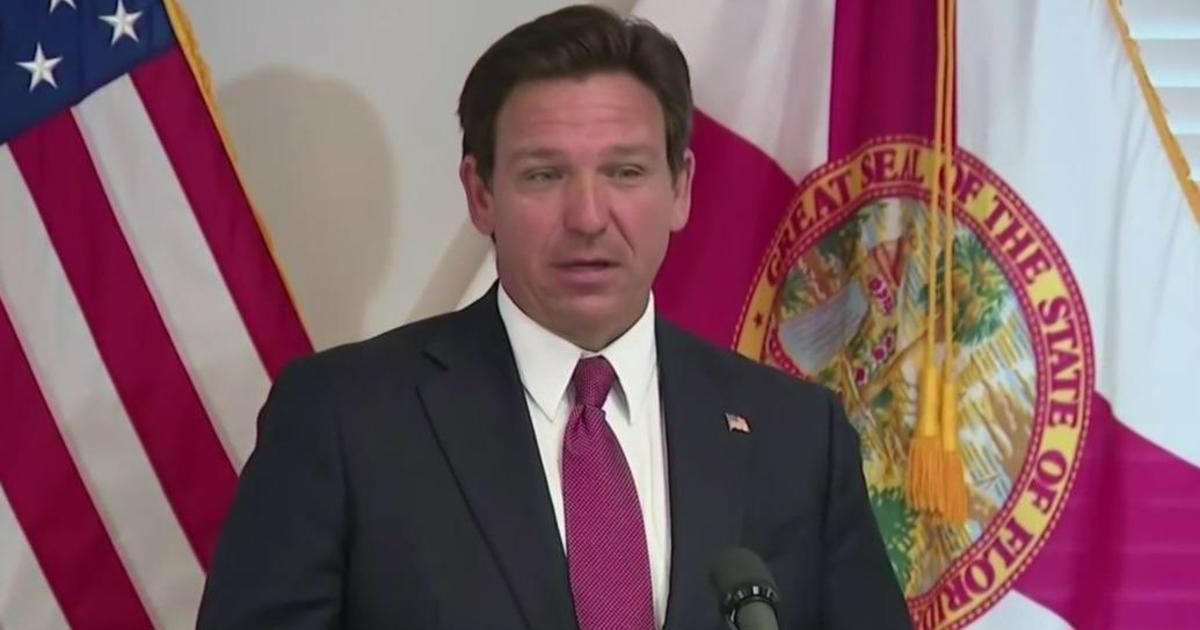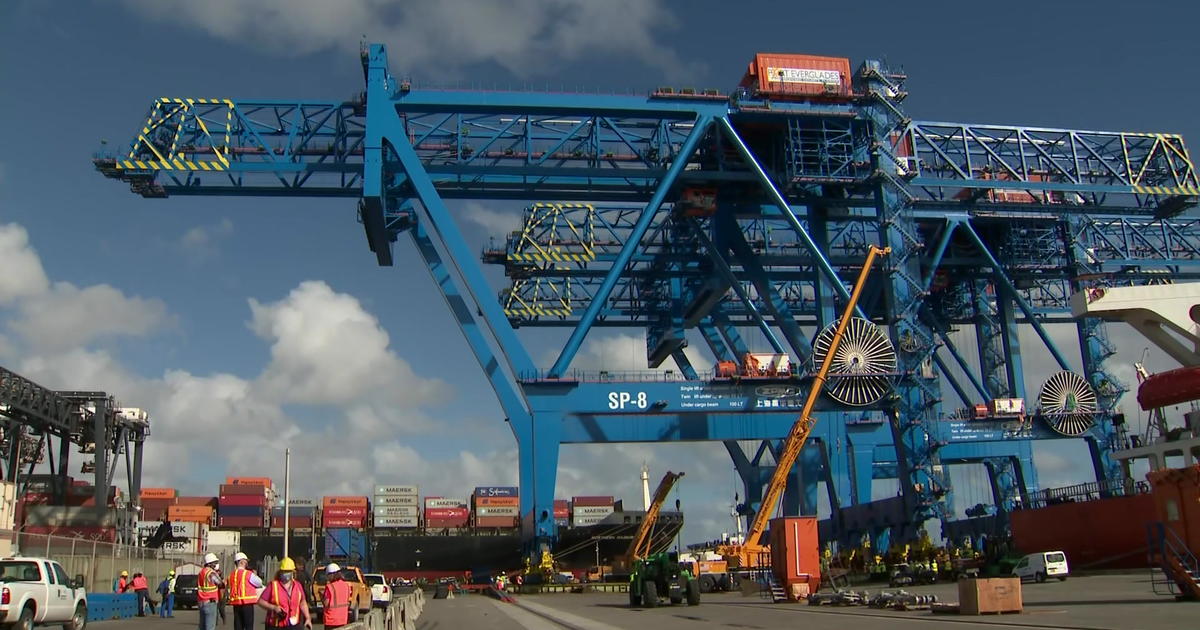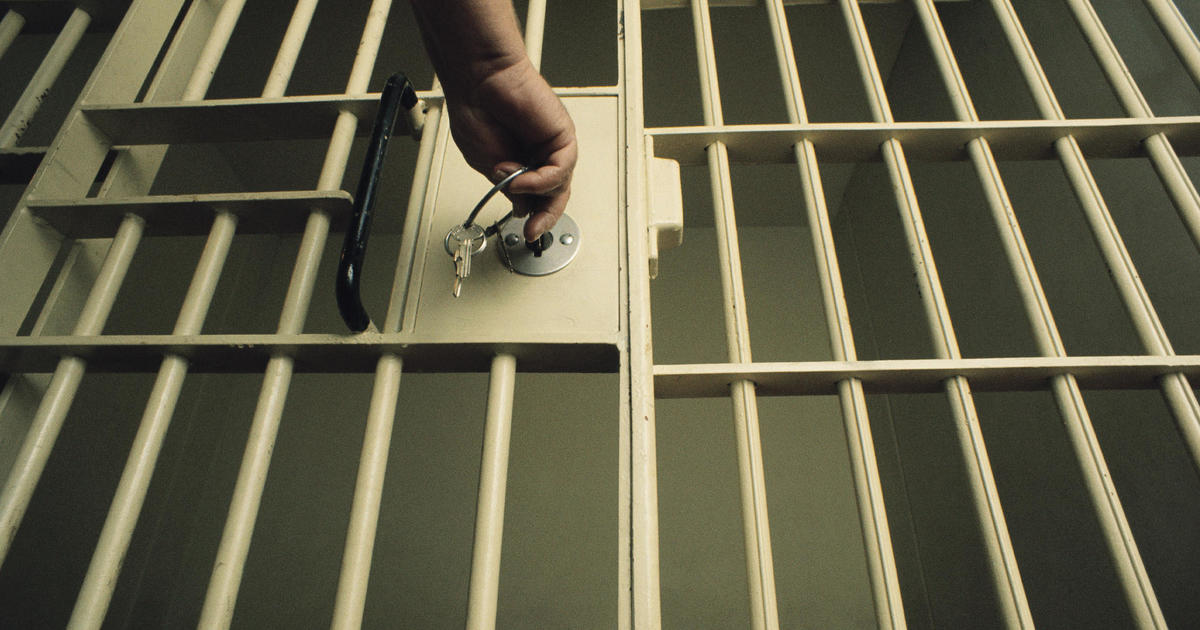Fla.Regulators Approve $350M FPL Base Rate Increase
TALLAHASSEE (CBSMiami/NSF) -- After tweaking a controversial settlement agreement, state regulators Thursday approved a plan that will lead to Florida Power & Light increasing base electric rates by $350 million in January.
State Public Counsel J.R. Kelly, whose office represents consumers in utility cases, said he will "strongly consider" appealing the decision to the Florida Supreme Court. Kelly has argued for months that FPL's base rates should drop, not increase, next year.
But members of the Florida Public Service Commission, which voted unanimously to approve the four-year rate deal, said it was fair to consumers and to FPL. They said it would provide predictability about electric rates while having relatively little impact on customers' pocketbooks.
FPL President Eric Silagy said in an interview. "All customers benefit from this whether they are commercial or residential."
Silagy said the deal, which will increase base rates by $350 million in the first year, will help pay for new, more efficient power plants that will save customers billions in the long run and complete the company's move from heavy reliance on oil to cleaner-burning natural gas. Even with the increase, FPL's rates will remain the lowest in Florida.
Along with Kelly's office, the Florida Retail Federation opposed the deal.
While base rates will increase in January, FPL says many residential customers will actually see slight reductions in their monthly bills. That is primarily because the base-rate increases will be offset by decreased costs for natural gas that fuels power plants, a cost that is passed along in customers' bills.
FPL said a residential customer who uses 1,000 kilowatt hours of electricity a month will see a 37-cent decrease in January to $94.25. Such monthly bills would then increase by less than $1 in June, when a new Cape Canaveral power plant comes online, according to FPL. Future rate increases would happen in 2014 and 2016, when power plants at Riviera Beach and Port Everglades start operating.
One of the key issues in the case was how much profit FPL should be allowed to make. The August settlement proposal called for FPL to earn a return on equity --- a key measure of profitability --- of 10.7 percent.
As part of the deal Thursday, that target was reduced to 10.5 percent. Commissioner Eduardo Balbis said that was a fair amount because FPL will need to attract investors to help finance the new power plants, which the company says will be more efficient and cleaner for the environment.
Also, the commission killed an FPL proposal to increase the amount of fees it charges customers who don't pay their bills on time. FPL wanted to increase the minimum late-payment fee from $5 to $6, but regulators strongly opposed the idea.
"It is a big deal to me,'' Commissioner Julie Brown said. "It's a principle issue."
"The News Service of Florida contributed to this report."



